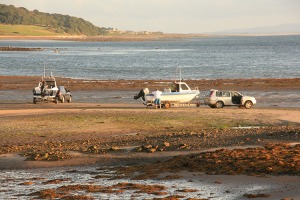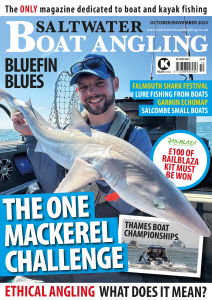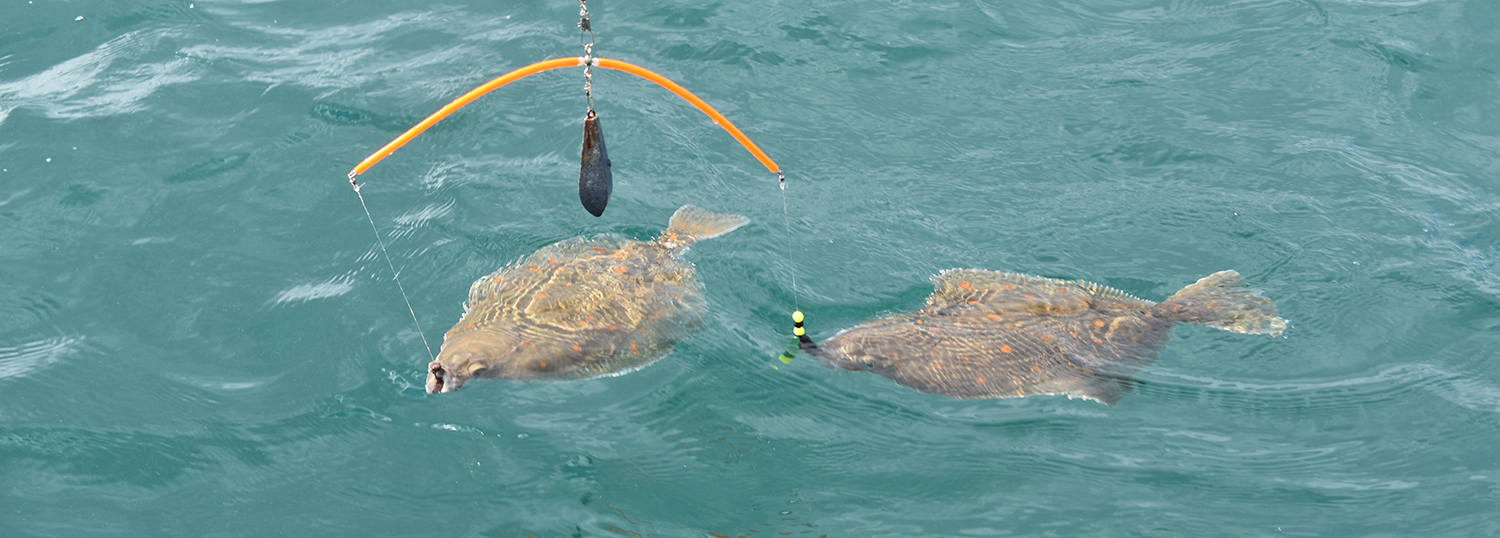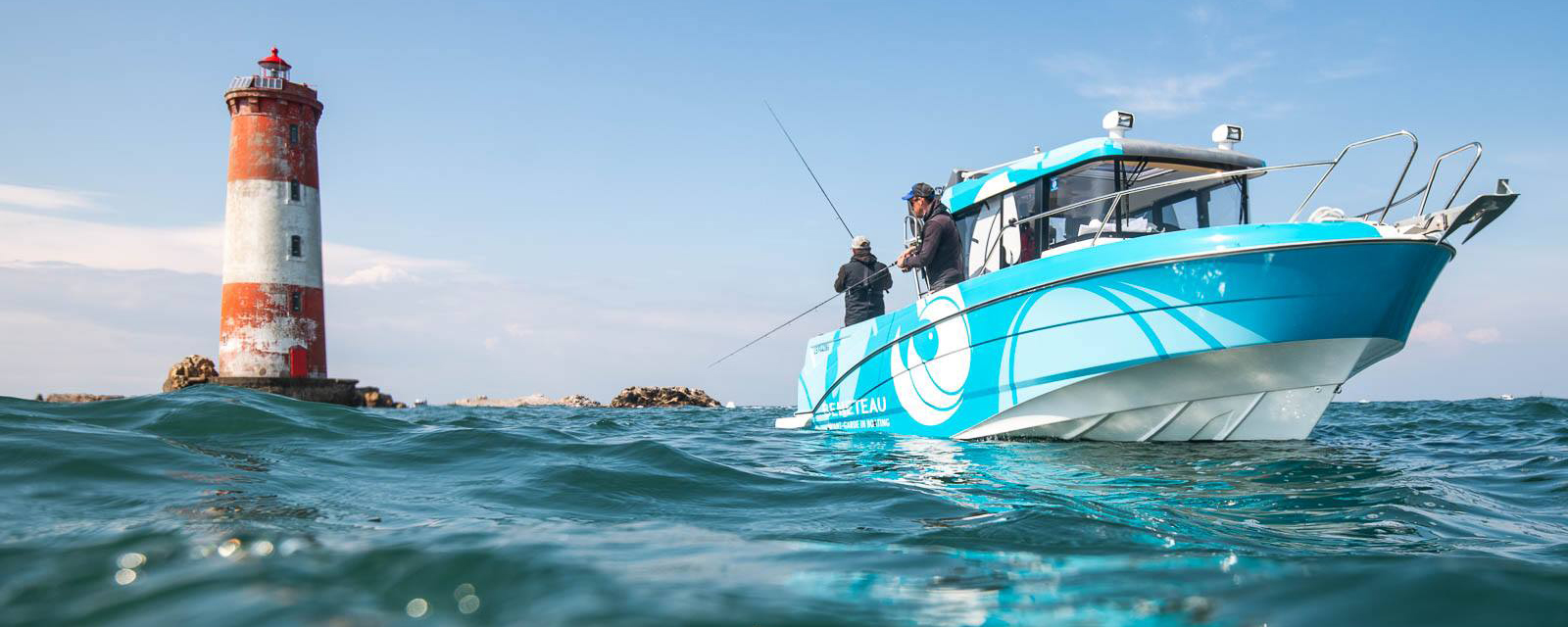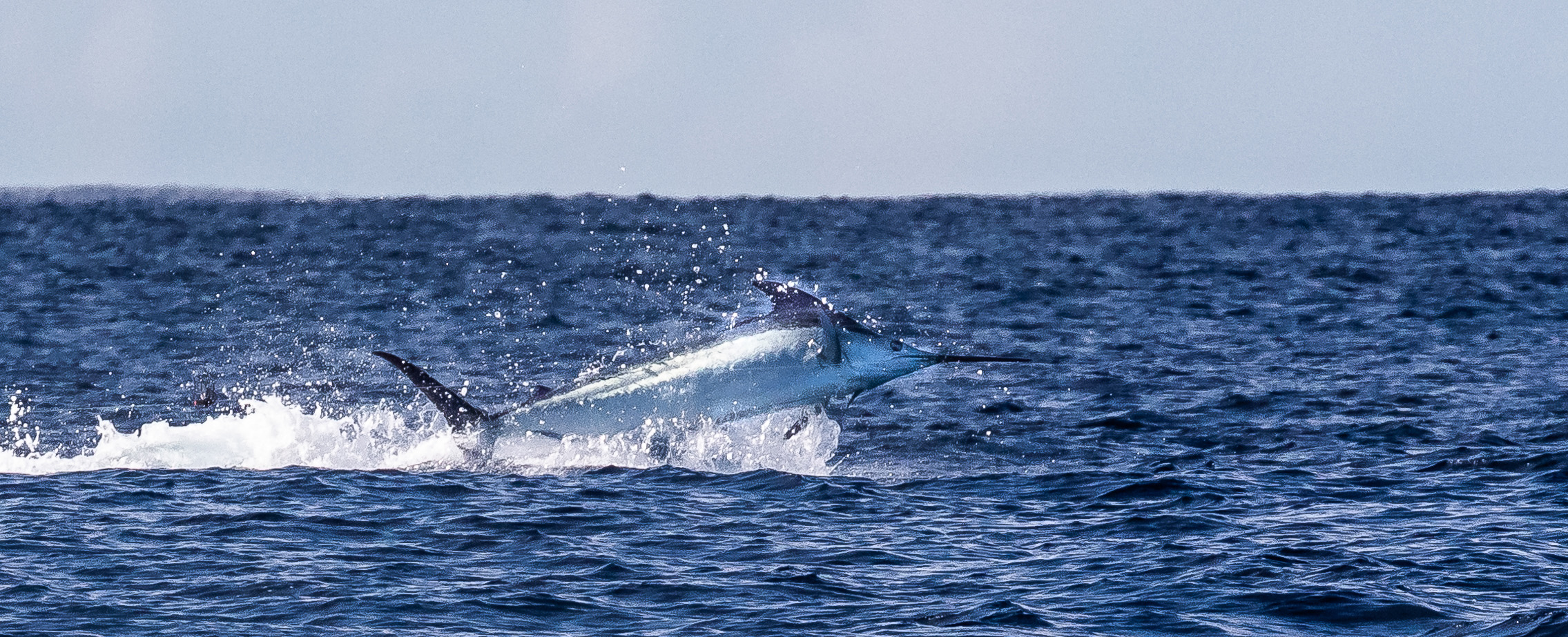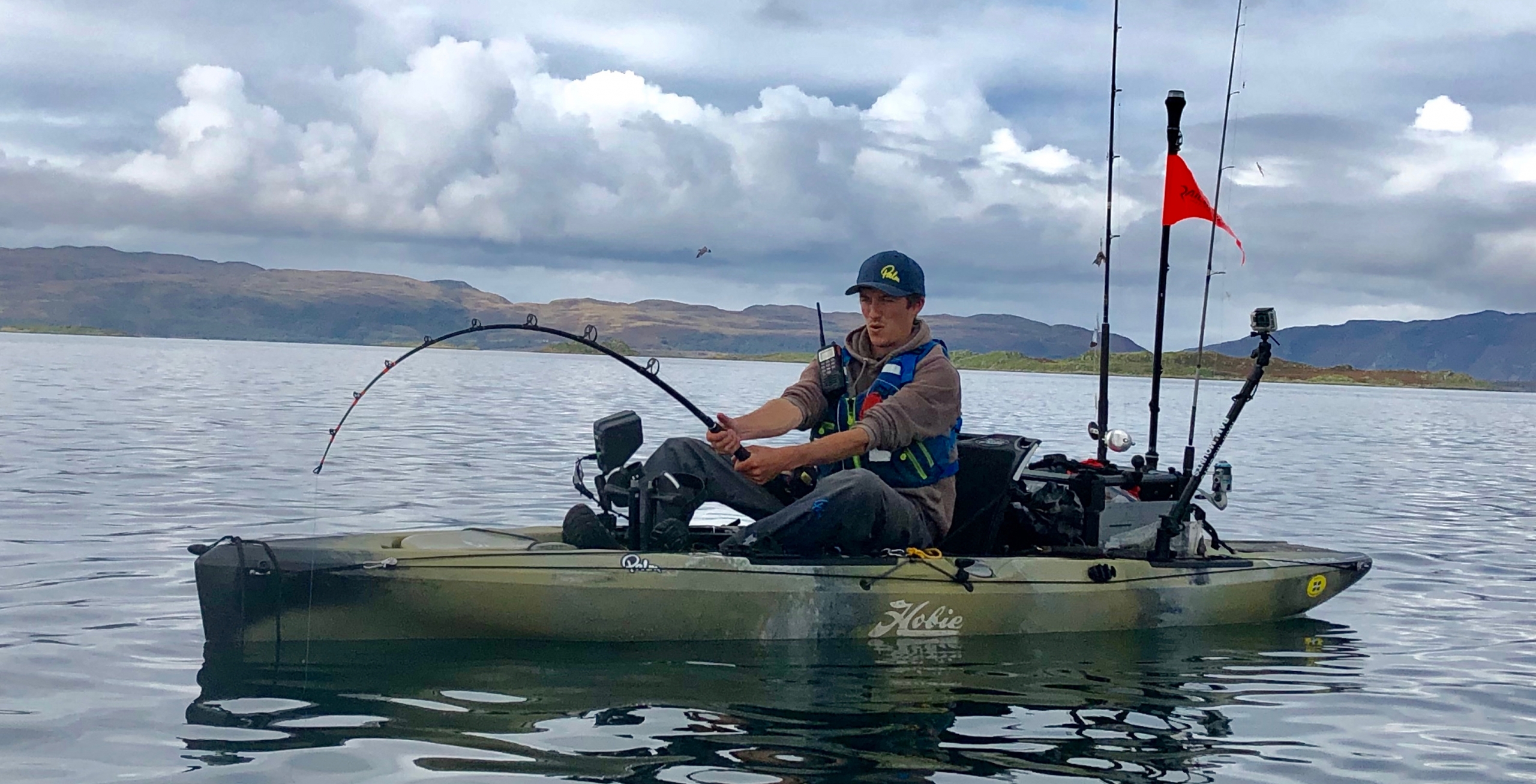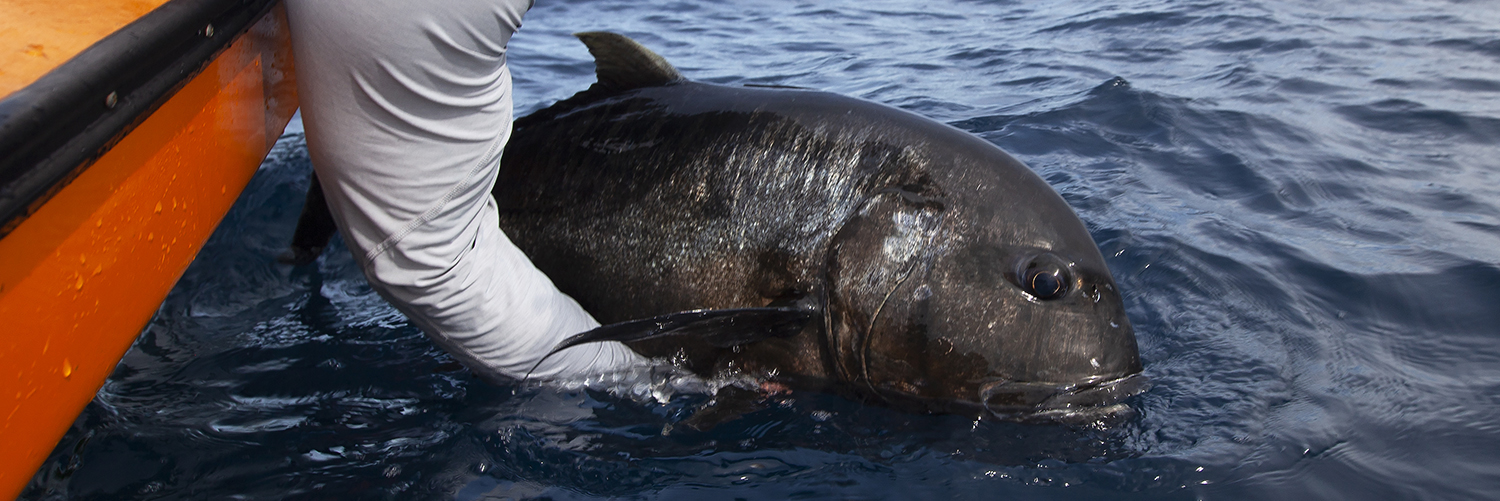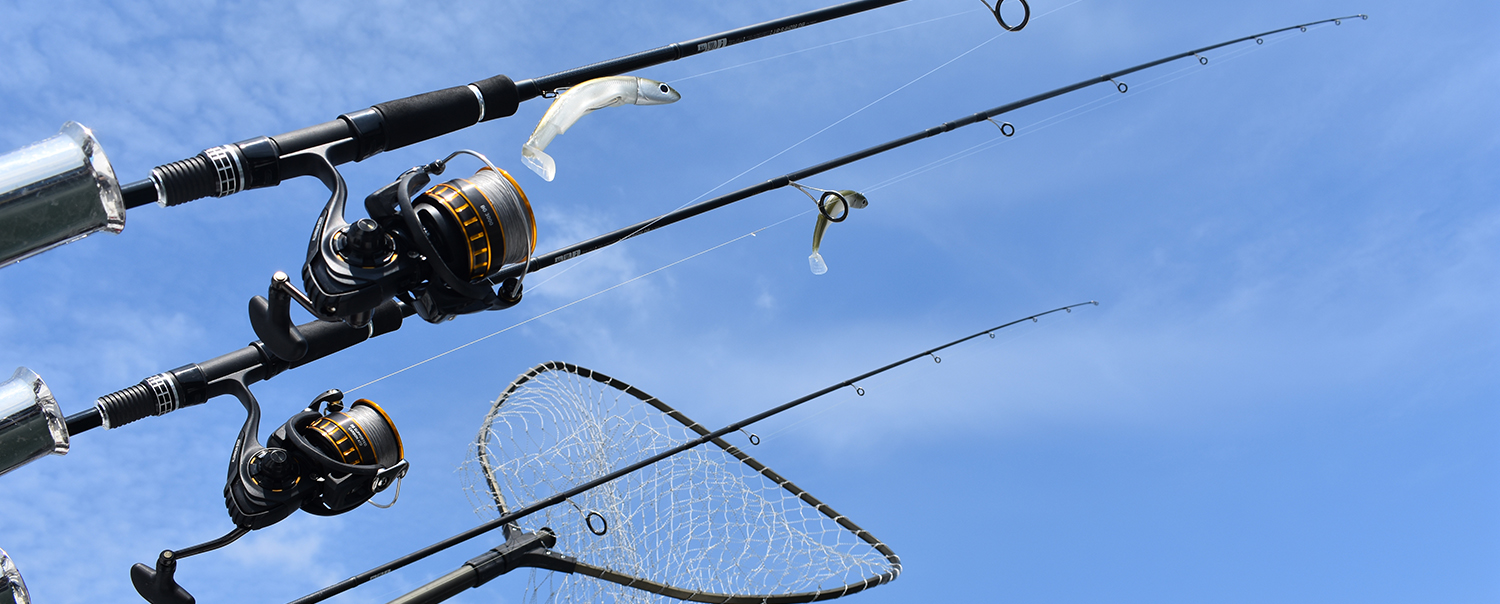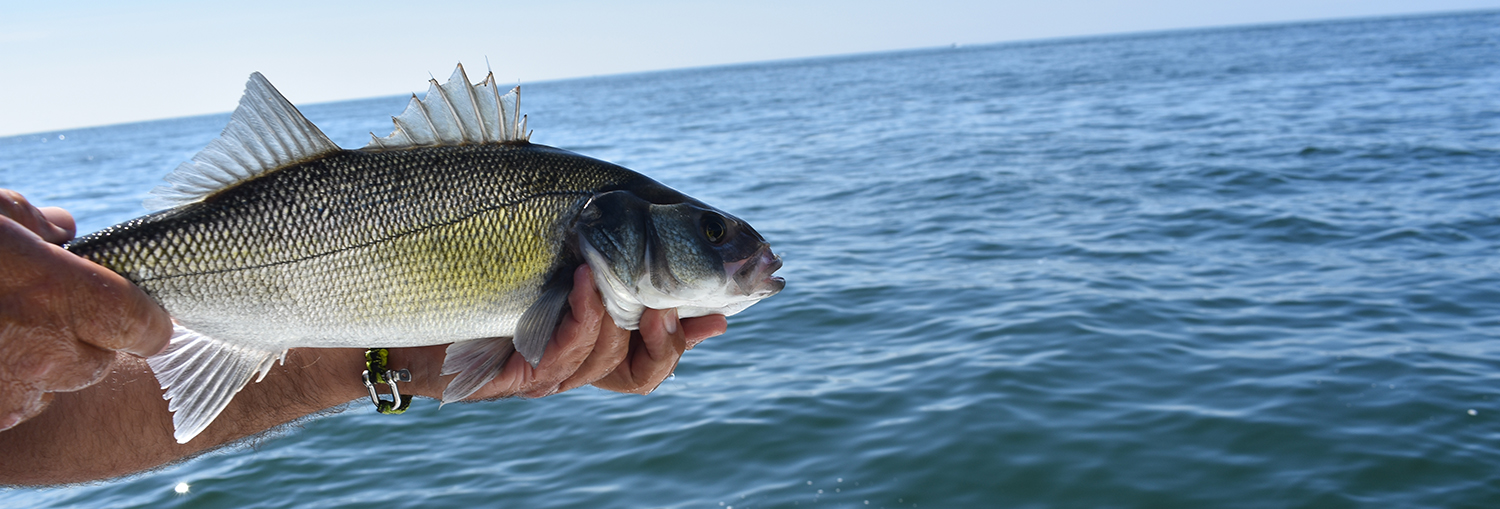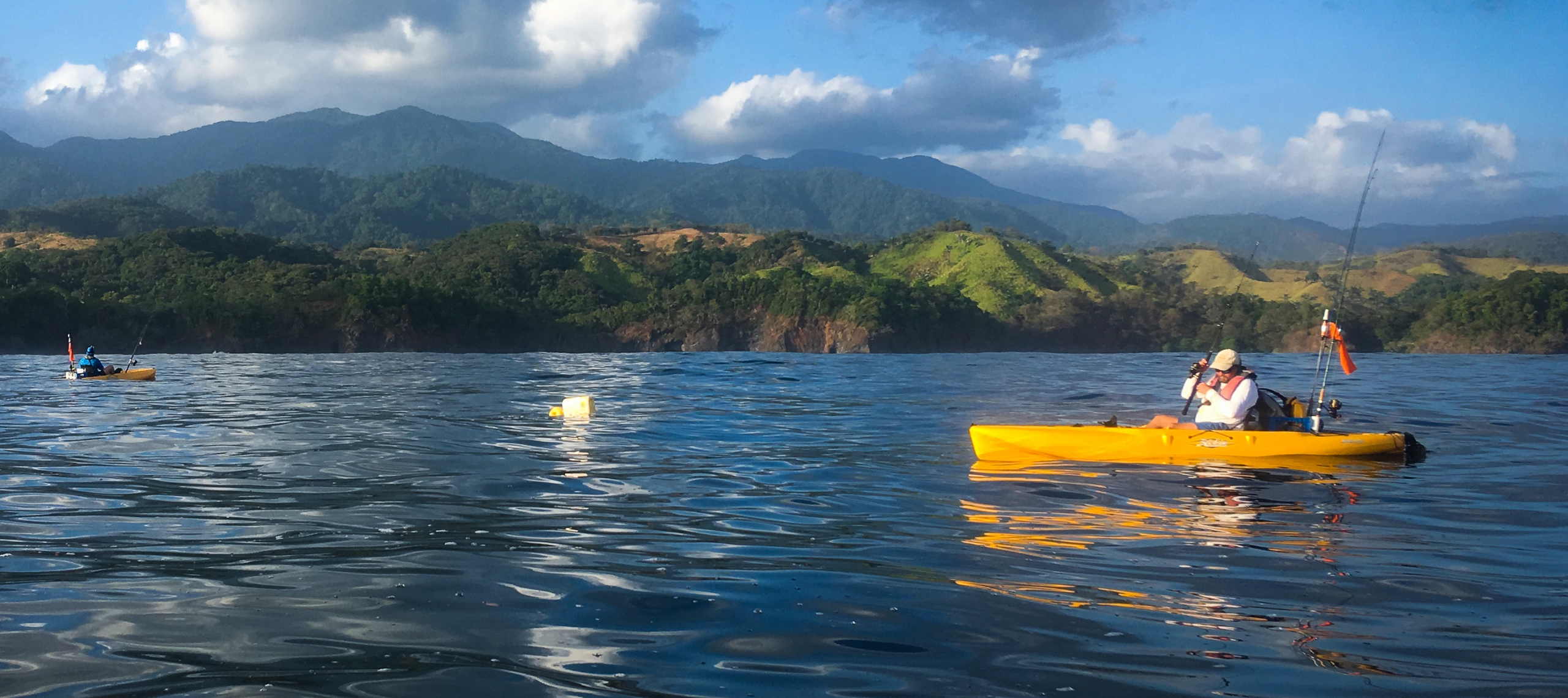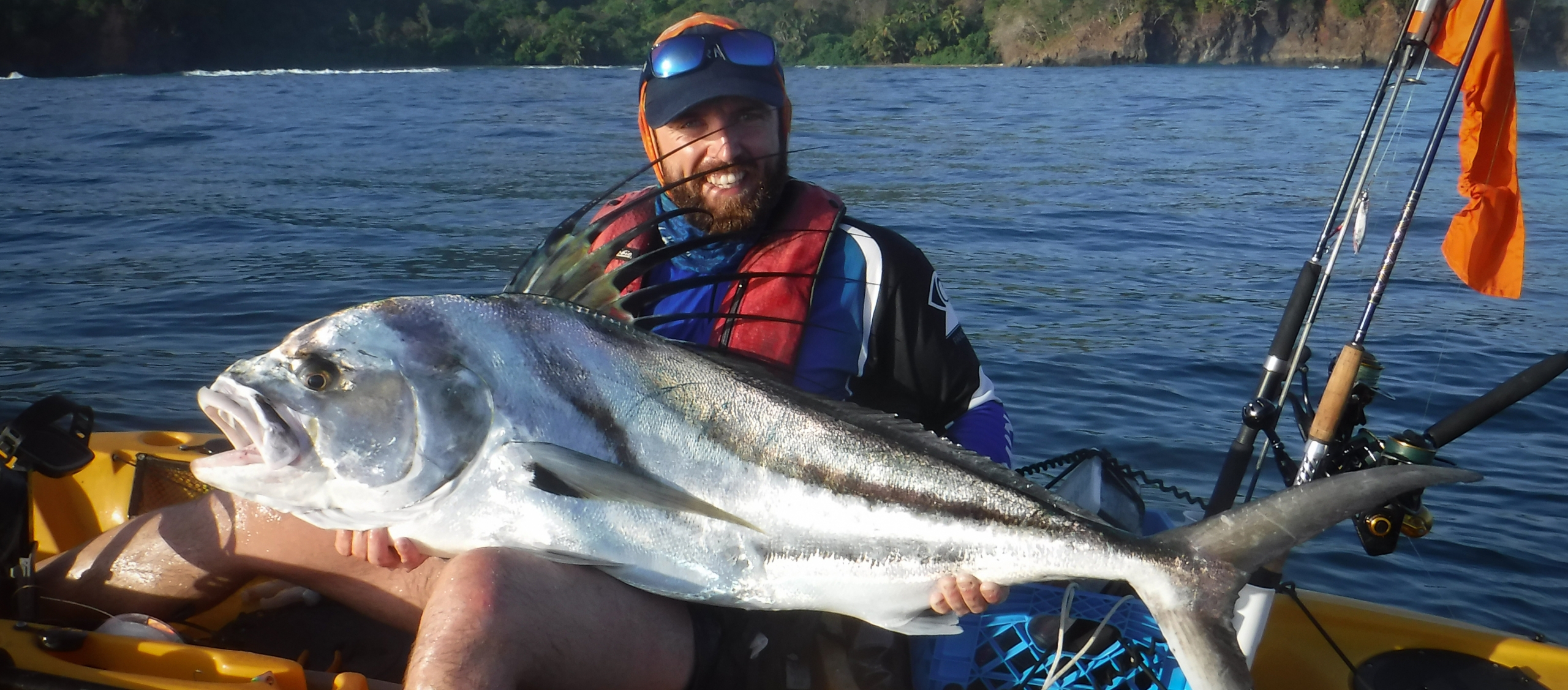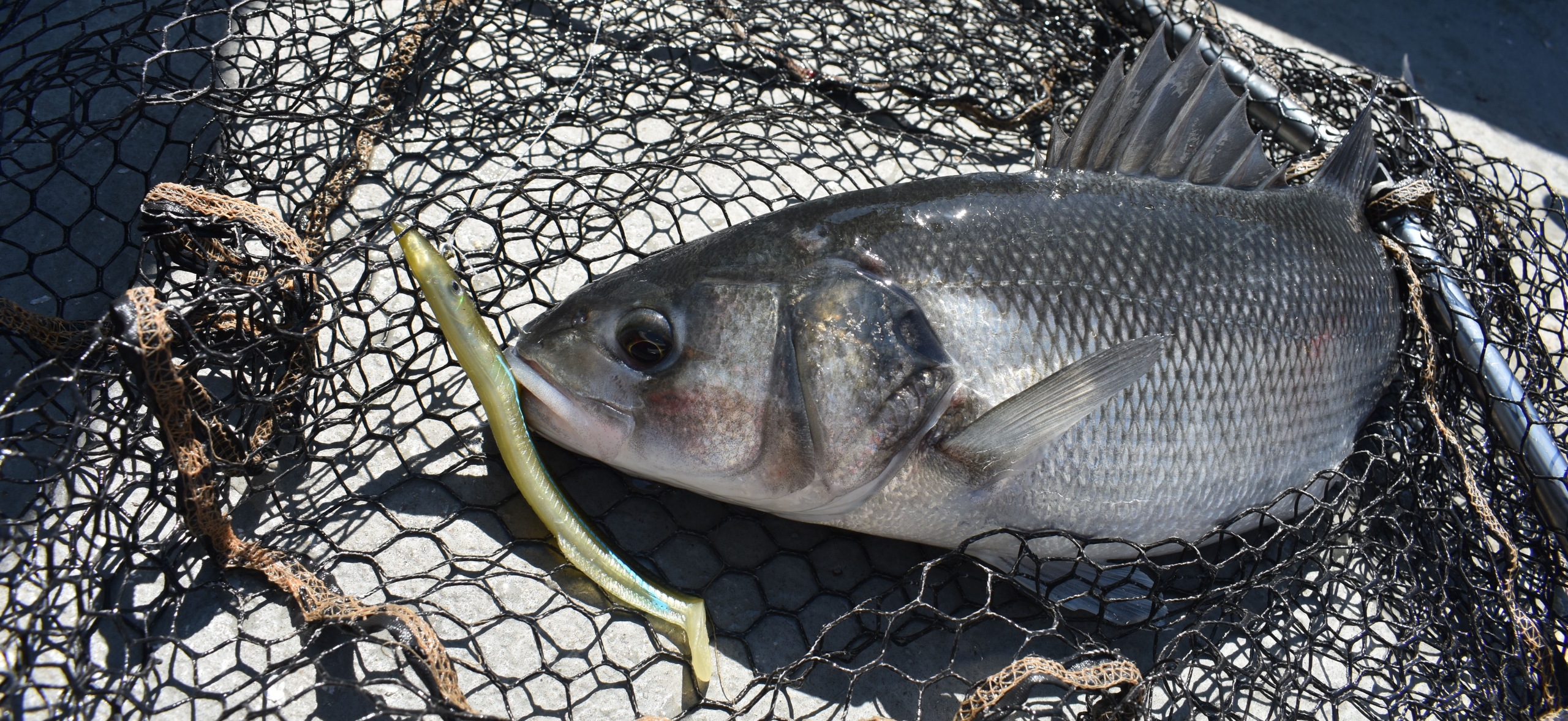Tim Macpherson looks into the practicalities of beach launching boatsTim Macpherson looks into the practicalities of beach launching boats
Boat angling has never been more accessible, marinas all around our coast welcome angling boats, at a price, and there are plenty of charter boats available from wherever you are in the country from Dover to Tobermory. However, owning your own boat is expensive in many ways and with marinas charging upwards of £2000 per year for a boat under 6 metres anglers on a budget look for cheaper ways to get afloat.
Trailering is popular and fine as long as you have somewhere secure to store your boat, plus you need to be able to access usable slipways, or shallow beaches, near where you are intending to fish.
There is the option of joining a club which has access to beach launching facilities. These do tend to be restricted to open shingle beaches which the south east in particular is well served by.
WINCHES AND FITNESS
Beach launching clubs are generally much cheaper to join and will have winches set up for use by the club members. You do have to be relatively fit because in most cases you will be pushing your boat down to the waters-edge, even if the winches will haul your boat back to your dry berth. Some clubs have manned winches for lugging boats both up and down the beach. It really depends on the size of the club and the boats being launched from it. Some clubs, particularly in north Kent launch on sandy beaches or estuaries and have acquired launching tractors designed to haul the boats along the sand.
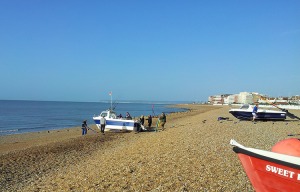
THE ELEMENTS AND TIDAL RESTRICTIONS
Of course, being on an open beach has its drawbacks. Your boat will be exposed to the elements, launching times will be restricted based on the state of the tides and you will need to be able to remove any electronics and secure the engine (if you cannot take it off). In Sussex, where there are a number of beach launched clubs, the tidal launch window can be as much as three hours up from low tide which does of course restrict your fishing time.
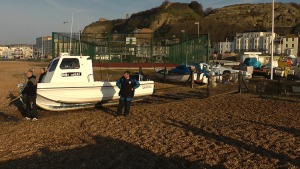
SAFETY IS PARAMOUNT
Launching and landing on beaches can be very dangerous for the inexperienced boat owner and it is essential that if you join a club you abide by the rules, listen to what the experienced club members say and crucially go out with one of them before you venture on your own.
IT’S NOT ALL A HAZARDS AND EFFORT!
I’ve always enjoyed launching from the beach where one of my boats is kept and the one advantage over keeping a boat in the marina is the club camaraderie, competitions, help and assistance that comes from being a member of a club – especially if there is a bar in the club house! You don’t get that on a berth in a marina when you have mechanical or practical issues I’ve generally found there is someone in the club who can provide experience or advice.
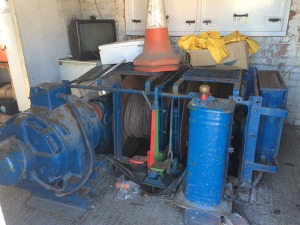
A FEW PRACTICAL GUIDELINES FOR LAUNCHING A BOAT FROM THE BEACH
1.REINFORCE YOUR KEEL
Fit a stainless steel keel to your boat. Pebble beaches are extremely abrasive and you will soon wear through the hull without properly protected keels. Even so these keels will need replacing every five years or so.
2.ACQUIRE SOME ROBUST PLASTIC RUNNERS OR “TROWS”.
In order to slide your boat up and down the beach you will need something to slide them along on. The best material is the piping used by the water company. Ask someone in your club where you can obtain them. Some anglers make “ladders” by stringing these together as it makes it easier to haul up and down the beach head. [Pic]
- HAULING EYE
Make sure you have a hook ring on the bow of your boat for use when using your club winch. Make sure it is properly attached to the hull from the inside you’ll be hauling quite a weight up a steep beach and any weakness will just pull the eye out leaving your boat stranded.
- ELECTRONICS
Most fish finder/echo sounders have transom fixed transducers. Make sure that you either attach your transducer to a removable mount or that it is fitted inside the boat on a suitable part of the hull. If you leave it in the transom it will probably get ripped off when you are landing.
- TURNTABLE
You will need to be able to turn your boat around during launching and landing. With smaller boats this can be done using the runners but the bigger boats over say 5 metres might need to be swivelled on a turntable.
- PULL OF ROPES AND OARS
Most clubs will have pull off ropes – this will be a rope anchored into the sea bed and fixed to the beach head which will allow you to haul your boat across the shallow water at the water’s edge where you won’t be able to use your engine. But it is always wise to have oars available – always pays to be prepared.
- LAUNCH AND LAND SAFELY
The first 5 metres are the most dangerous – the power of the waves and the undertow can tip a boat over in seconds so the key is to make sure that your boat is always at right angles to the waters edge. Do not leave your boat un supervised on the water’s edge unless it is completely clear of the water. The tide and even small waves will try and turn the boat sideways and once this happens it will only take one swell to tip it over. When landing, sometimes the hairiest part of it all, just take it gently and try and get as much of the boat out of the water as possible without ramming the keel into the pebbles. Most of the damage to keels and hulls are done when landing. On key thing is to make sure you have, enough rope attached to the prow so you can hold the boat while it’s on the water’s edge whether launching or landing.
- SECURITY FOR BOAT AND ENGINE
Some clubs have locked compounds which can only be accessed by codes but whether they do or not it is worth making sure boat and engine are securely attached to something and covered up to avoid any temptation. Very often engines are stolen from beaches to order and if someone is determined enough they’ll find a way.
- SAFETY EQUIPMENT
Obvious but just make sure you have a radio (and know how to use it), flares, lifejackets, compass, engine repair tools, spare spark plugs, spare engine pull string, oars (see above) and a spare fuel tank. Remember: Be prepared, check the tides and the weather forecast!
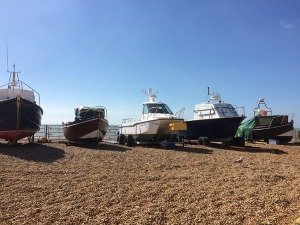
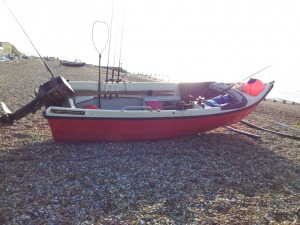
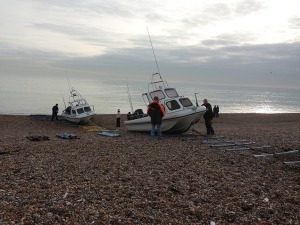
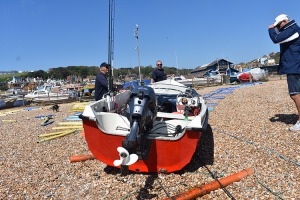
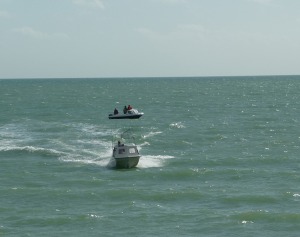
Beach launching from a trailer
The principles of using a trailer on a beach launch are similar to those in the trailer launch section here except for a few further considerations.
- Make sure you have a vehicle which has a sufficient wheel base to clear the water level
- A four by four with a low gear transmission will also help when retrieving the trailer
- 4x 4 is likely to weight 4 tonnes so make sure the substrate you are driving onto is hard enough to support your vehicle.
- Prepare to get wet
